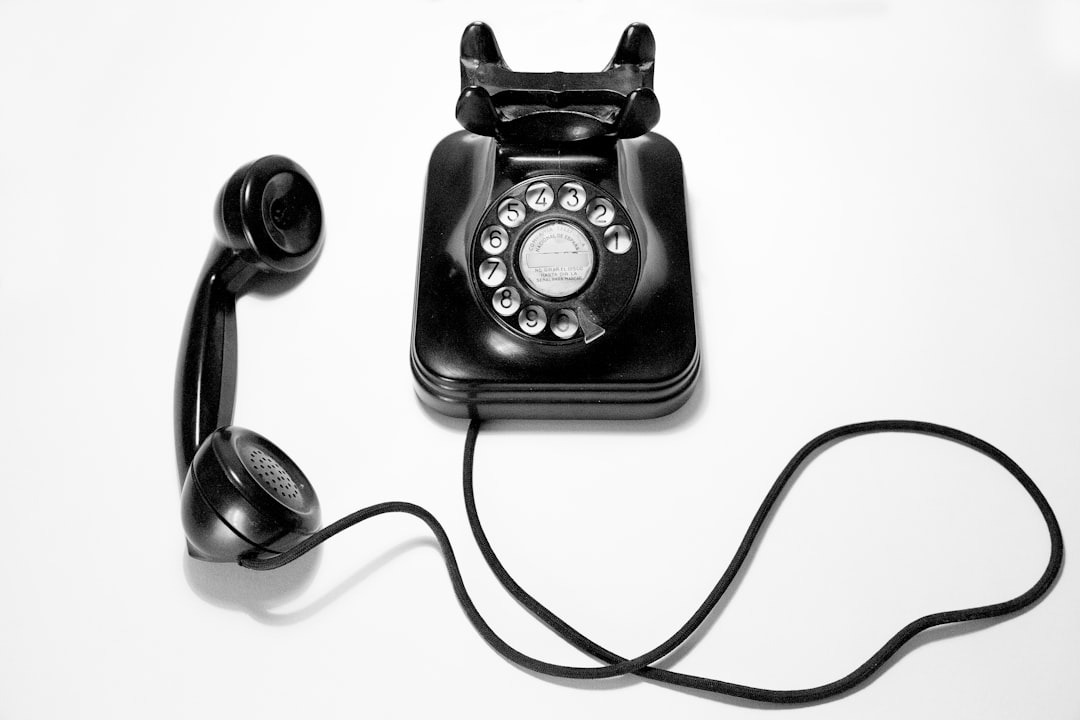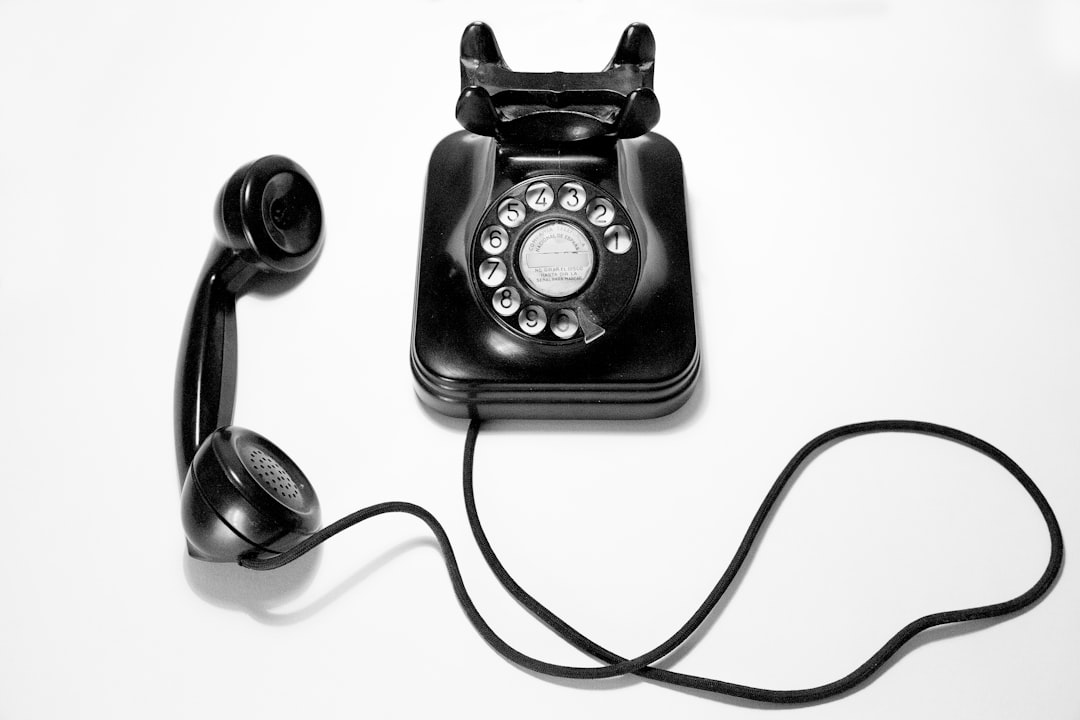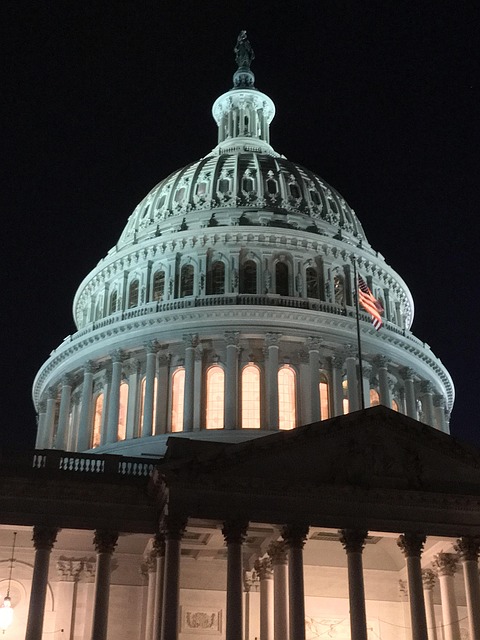Coworking spaces in the District of Columbia must adhere to TCPA guidelines to avoid legal issues related to tenant communications. Engaging a specialized lawyer for TCPA District of Columbia offers guidance on consent requirements, do-not-call lists, and opt-out procedures, ensuring compliance and enhancing member experiences. Regular staff training, data management protocols, and law updates are also vital for maintaining adherence to TCPA standards.
Navigating the complex landscape of consumer privacy laws is crucial for D.C. coworking spaces aiming for long-term success. The Telephone Consumer Protection Act (TCPA) imposes stringent restrictions on communications with tenants, with penalties for non-compliance reaching up to $500 per violation. This article serves as a guide for managing TCPA compliance in the District of Columbia, highlighting common pitfalls and best practices, including legal obligations when contacting tenants, all from the perspective of a seasoned lawyer specializing in TCPA law.
Understanding TCPA Regulations in D.C.

The Telephone Consumer Protection Act (TCPA) is a federal law designed to protect consumers from unsolicited telephone calls, text messages, and faxes. In the dynamic landscape of coworking spaces in the District of Columbia, understanding and adhering to TCPA regulations is paramount for businesses aiming to avoid legal pitfalls. A lawyer specializing in TCPA law in the District of Columbia can offer invaluable guidance on navigating these complex rules.
For instance, while marketing efforts to attract new members or clients are essential, they must comply with TCPA standards. This includes obtaining prior express consent for any text messages or automated calls, ensuring do-not-call lists are honored, and providing clear opt-out mechanisms. A legal professional can help coworking space operators craft effective consent forms, implement robust opt-out processes, and stay informed about evolving regulations, thereby fostering a compliant and customer-centric environment.
Coworking Spaces: Common Compliance Pitfalls

Coworking spaces in the District of Columbia, while offering a dynamic and collaborative work environment, can face unique challenges when it comes to TCPA (Telemarketing Consumer Protection Act) compliance. Some common pitfalls include mismanaged customer consent, inadequate training for staff on telemarketing regulations, and failure to implement robust opt-out mechanisms. Many spaces rely on word-of-mouth or online listings for promotions, which can inadvertently lead to unwanted calls or texts if not handled correctly.
Moreover, the fast-paced nature of coworking environments sometimes results in hasty decisions regarding marketing strategies, potentially causing compliance breaches. Engaging a lawyer for TCPA District of Columbia can help spaces navigate these complexities, ensuring they stay within legal boundaries while leveraging their marketing efforts to attract and retain members. Proper guidance can prevent costly fines and protect the reputation of these thriving community hubs.
Legal Obligations for Contacting Tenants

In the vibrant and bustling environment of D.C. coworking spaces, maintaining compliance with the Telephone Consumer Protection Act (TCPA) is paramount. As a lawyer for TCPA in the District of Columbia, we emphasize that landlords and property managers have strict legal obligations when contacting tenants. This includes ensuring all communications are made with proper consent, honoring “do not call” requests, and providing clear and concise opt-out mechanisms for tenant convenience.
Violations of the TCPA can result in substantial financial penalties, damaging a business’s reputation, and creating a complex legal landscape. To avoid these pitfalls, it is crucial for D.C. coworking spaces to engage with tenants through authorized channels, document consent processes meticulously, and stay updated on evolving TCPA regulations. Consulting with a dedicated lawyer for TCPA in the District of Columbia can offer tailored guidance and ensure compliance, safeguarding both the business and its community of tenants.
Best Practices for Maintaining Compliance

Maintaining compliance with the Telephone Consumer Protection Act (TCPA) is essential for D.C. coworking spaces to avoid legal repercussions and protect their business interests. A lawyer for TCPA District of Columbia can provide valuable guidance on best practices to ensure your space remains compliant. Firstly, implement clear opt-in processes for all marketing communications, ensuring residents explicitly consent to receive text messages, emails, or phone calls promoting events, services, or partnerships. Regularly audit your contact lists to verify active and valid consent, removing any inactive or invalid numbers promptly.
Additionally, train staff on TCPA regulations to avoid accidental non-compliance. Educate them on the importance of obtaining consent, properly documenting it, and understanding the rules around timing and frequency of communication. Establish internal protocols for managing resident data, including secure storage, encryption, and access controls, to safeguard personal information. Regularly review and update these practices as laws evolve, ensuring your coworking space remains a model of TCPA compliance in the dynamic landscape of District of Columbia regulations.






